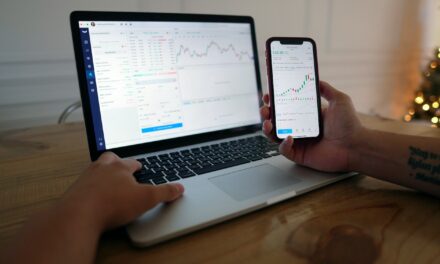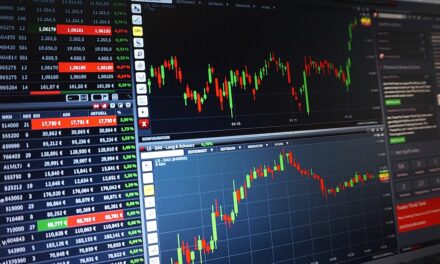
Legal Challenges Facing International Forex Traders
Legal Challenges Faced by International Forex Traders
International Forex trading can be a lucrative and exciting investment opportunity. However, it also comes with its share of legal challenges that traders need to be aware of. Forex trading involves buying and selling currencies in the global market, which makes it subject to different regulations and laws in various countries. In this article, we will explore some of the legal challenges that international Forex traders face.
Regulatory Differences – Legal Challenges for International Forex Traders
One of the most significant challenges that Forex traders face is the different regulatory environments in different countries. Forex trading is largely unregulated in some countries, while in others, it is heavily regulated. This means that traders need to be aware of the legal requirements and restrictions in each country where they trade.
For example, the US has strict regulations governing Forex trading, and traders must be registered with the Commodity Futures Trading Commission (CFTC) and the National Futures Association (NFA). In contrast, Forex trading is largely unregulated in many African countries, and traders need to be cautious when investing in these markets.
Taxation
Another legal challenge that Forex traders face is taxation. Traders need to be aware of the tax laws in each country where they trade. Taxation laws can vary significantly from one country to another, and traders need to be aware of the tax implications of their Forex trading activities.
For example, in the US, Forex trading is subject to capital gains tax. This means that traders need to report their Forex trading profits and losses on their tax returns. In contrast, in some countries, Forex trading profits may be taxed as income.
Leverage Restrictions
Leverage is a key component of Forex trading, and traders use leverage to maximize their profits. However, leverage can also lead to significant losses, and some countries have restrictions on the maximum leverage that traders can use.
For example, in the US, Forex traders are limited to a maximum leverage of 50:1. In contrast, some countries have no restrictions on leverage, which can lead to higher risks for traders.
Fraudulent Activities
Finally, Forex traders need to be aware of the risks of fraudulent activities. Unfortunately, Forex trading has attracted many scammers and fraudsters who prey on unsuspecting traders. Traders need to be cautious when choosing a Forex broker and ensure that they only trade with reputable and regulated brokers.
Conclusion
In conclusion, international Forex trading comes with its share of legal challenges. Traders need to be aware of the regulatory differences, taxation laws, leverage restrictions, and risks of fraudulent activities. By staying informed and compliant with the legal requirements in each country where they trade, Forex traders can minimize their legal risks and maximize their profits.











